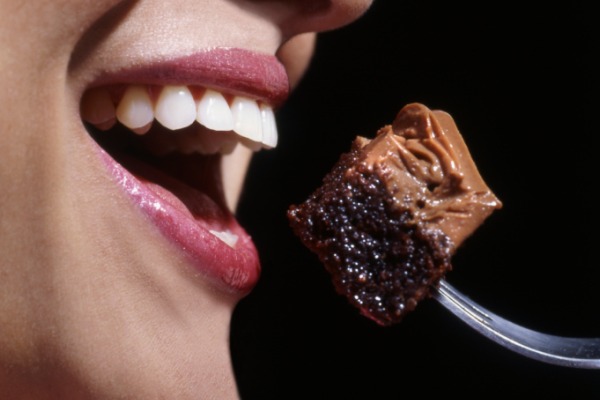As with many aspects of the body, you might find it surprising how important your saliva is to the overall health of your mouth. In addition to helping you chew and wash down food particles, saliva also works to protect your teeth and gums from harmful bacteria that cause tooth decay and gum disease. Without saliva to perform its necessary function, your entire oral health is thrown off balance, which leaves you more susceptible to a number of oral health problems.
Saliva’s Role
Even the healthiest of mouths contain millions, even billions of different bacteria, including plaque. A sticky biofilm, plaque thrives off of the sugars you consume to produce acids that eat away at tooth enamel. Over time, these acids can slowly wear a hole into your teeth were bacteria can begin to develop. This leads to tooth decay and eventually gum disease, the leading cause of tooth loss. Fortunately, saliva acts as a natural neutralizing agent against harmful plaque acids, and it also helps to wash away lingering food particles that remain in the mouth after eating.
Dangers of Dry Mouth
Clinically referred to as xerostomia, dry mouth occurs when your mouth fails to produce enough saliva. What little saliva you do manage to create could appear thick and stringy. In addition to making your feel thirsty, dry mouth also affects how you taste what you consume, and it interferes with the body’s ability to digest food.
A lack of enough saliva also causes the skin around the mouth to tighten and dry out. Your lips may become cracked, and sores could begin to form at the corners of the mouth. When dry mouth persists long enough, your tongue will begin to dry and become rough, causing you to experience difficulty when trying to speak or swallow.
Since the mouth no longer possesses the ability to flush away lingering food particles, individuals who suffer from dry mouth frequently experience persistent bad breath. For those who wear lipstick, dry mouth can cause the product to stick to teeth without the presence of saliva to wash it away.
While each of the symptoms count as problematic, the real risk from dry mouth comes from the condition’s affect on the health of your teeth. Without saliva to neutralize harmful plaque acids, they can continue to damage tooth enamel for up to 20 minutes after each time you consume sugar. So for every bite of a candy bar or sip of a soda you enjoy, plaque acids begin their attack anew without anything to slow them down.
Causes of Dry Mouth
A variety of conditions can lead to a person developing persistent dry mouth. Seniors, for example, commonly suffer from dry mouth due to prescribed medications. There are over 400 different types of medications that can cause dry mouth, including a variety of over-the-counter brands used to treat cold and allergy symptoms, and a number of prescription drugs used to treat everything from overactive bladders to mental health problems. Dry mouth can also be caused by certain medical treatments, such as radiation therapy to treat cancer, which can damage the patient’s salivary glands. Chemotherapy can also cause a patient’s saliva to thicken and the make the mouth feel dry.
Individuals who have suffered nerve damage as the result of a neck or head injury may also experience dry mouth. When specific nerves that carry signals between the salivary glands and the brain become damaged due to trauma, the signal may shut off, causing the glands to no longer produce saliva. In addition to injury, certain types of medical conditions, such as Sjogren’s syndrome, diabetes, and the HIV virus, can also cause dry mouth. If you suffer from dry mouth, you need to consult with your dentist to determine the most likely reason for the condition.
Dealing with Dry Mouth
If your dentist determines that dry mouth is caused by certain medications you are taking, he or she could recommend a different brand or dosage of the drug. If an underlying condition like diabetes is causing your dry mouth, then managing that condition should help to prevent symptoms from occurring.
To help stimulate your mouth into producing more saliva, make sure you drink plenty of water and try chewing sugar free gum throughout the day. At night, you can even try sleeping in a room with a humidifier to help decrease the symptoms of dry mouth. If these steps don’t produce any increase in the amount of saliva produced, you may consider trying an over-the-counter saliva substitute to provide temporary relief.
You also need to pay special attention to your oral hygiene habits, and make sure you brush and floss daily to remove harmful plaque from your teeth and gums. Without the presence of saliva, failing to tend to your oral care will increase your risk of developing gum disease and tooth decay.
A freelance writer, Timothy Lemke regularly contributes to the blog of Dr. Jason Peacock, a dentist in Tumwater, Washington at Smiles Dental.
The Importance Of A Moist Mouth: How Saliva Helps Your Teeth





